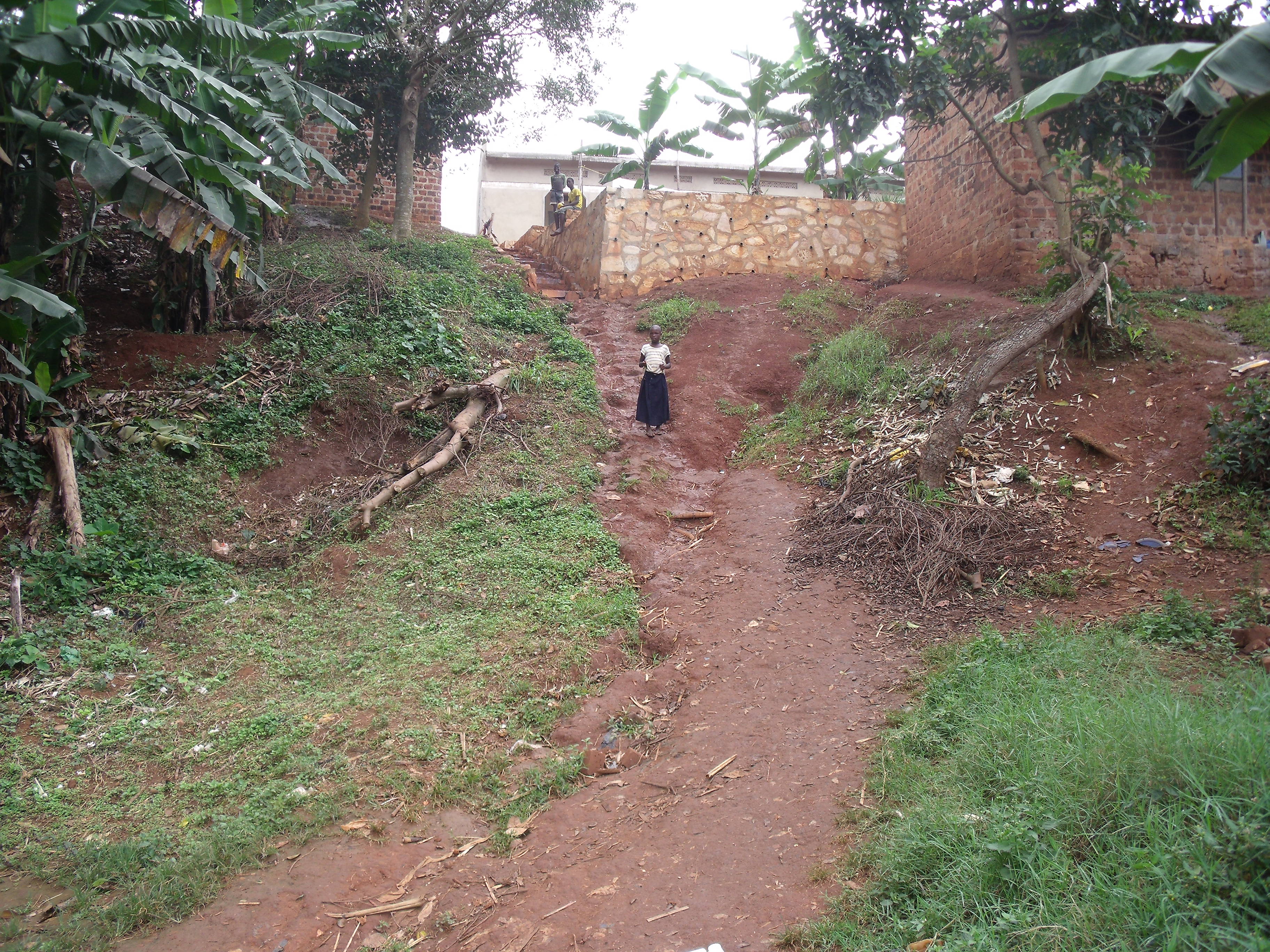
IWSN constructed stone steps here, to make access safer.
A new study published in BMJ Global Health has highlighted the risk of injury faced by people as they collect water.
The authors of In pursuit of ‘safe’ water: the burden of personal injury from water fetching in 21 low-income and middle-income countries looked at survey data from 6,291 households, conducted as part of the Household Water Insecurity Experiences (HWISE) study. The results showed: “Thirteen per cent of respondents reported at least one water-fetching injury. Of 879 injuries, fractures and dislocations were the most commonly specified type (29.2%), and falls were the most commonly specified mechanism (76.4%). Where specified, 61.1% of injuries occurred to the lower limbs, and dangerous terrain (69.4%) was the most frequently reported context.”
Traffic accidents, physical confrontation (including sexual assault and fighting) and animal attacks/bites are the other main causes of injury. The authors suggest further studies could investigate the impact the stress and fatigue associated with water fetching may have on the incidence of injuries.
The authors conclude: “In sum, these data point to the burden of injury attributable to water acquisition. There is a clear need for safe water interventions that prioritise personal safety alongside the traditional goals of improved water quality and proximity to the home. Future research and programming should collect data on water-fetching injuries to more accurately represent the true burden of inadequate WaSH on health and well-being.”
One of the authors of the paper, Prof Sera Young, has been interviewed by the BBC’s Health Check programme about the findings, which can be heard here (the discussion begins at 22:27).
